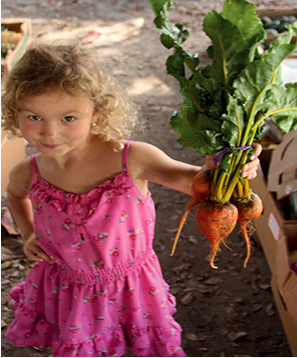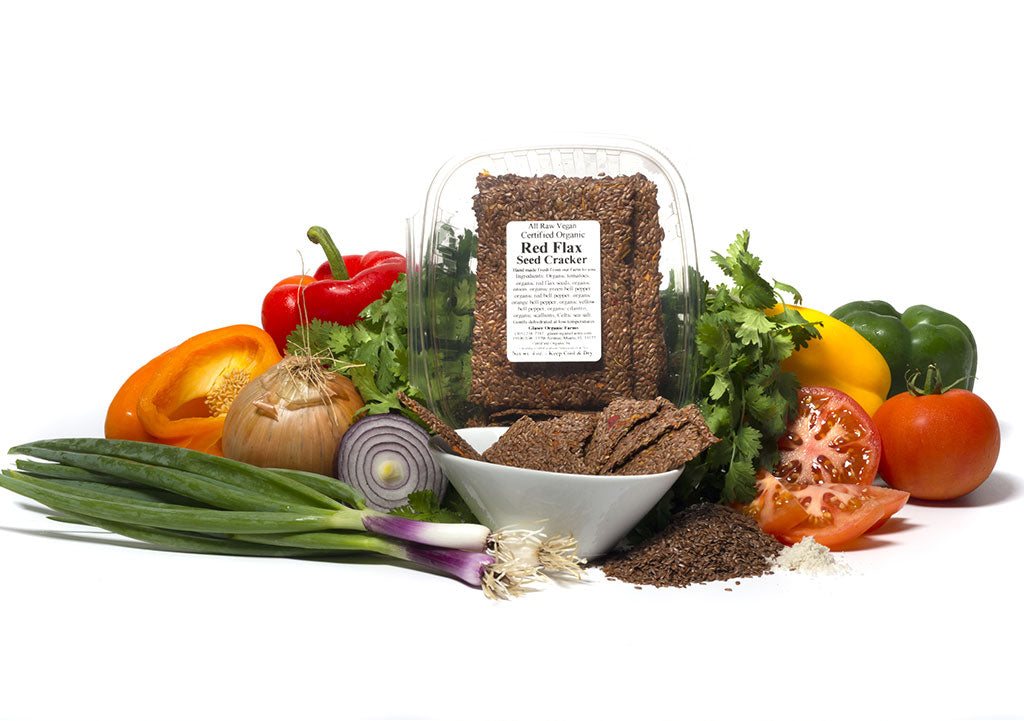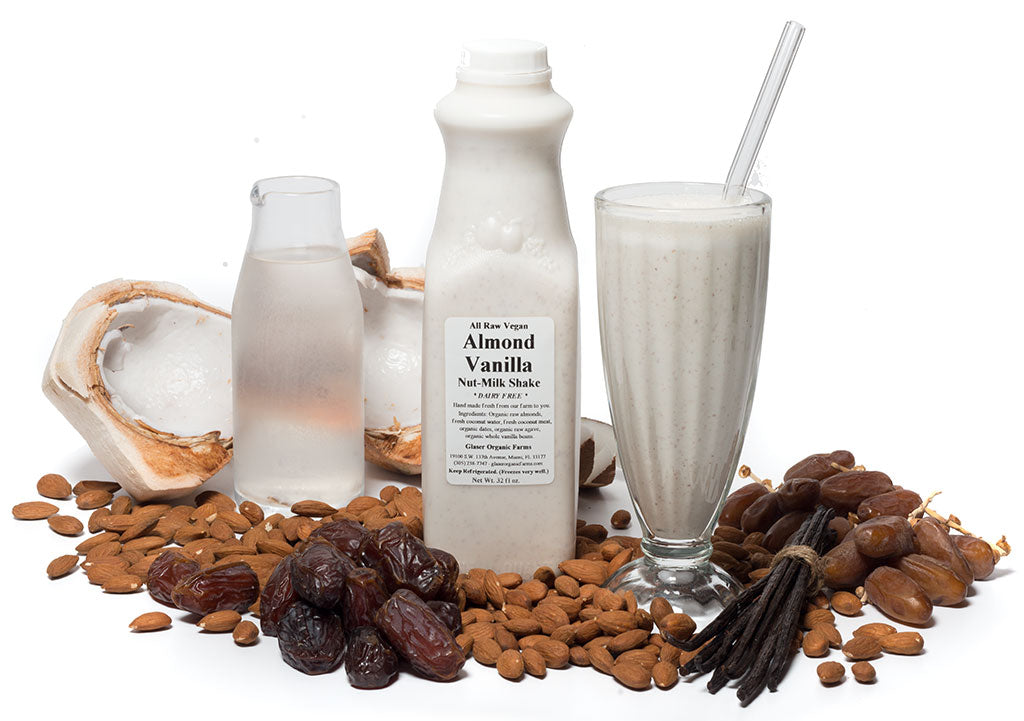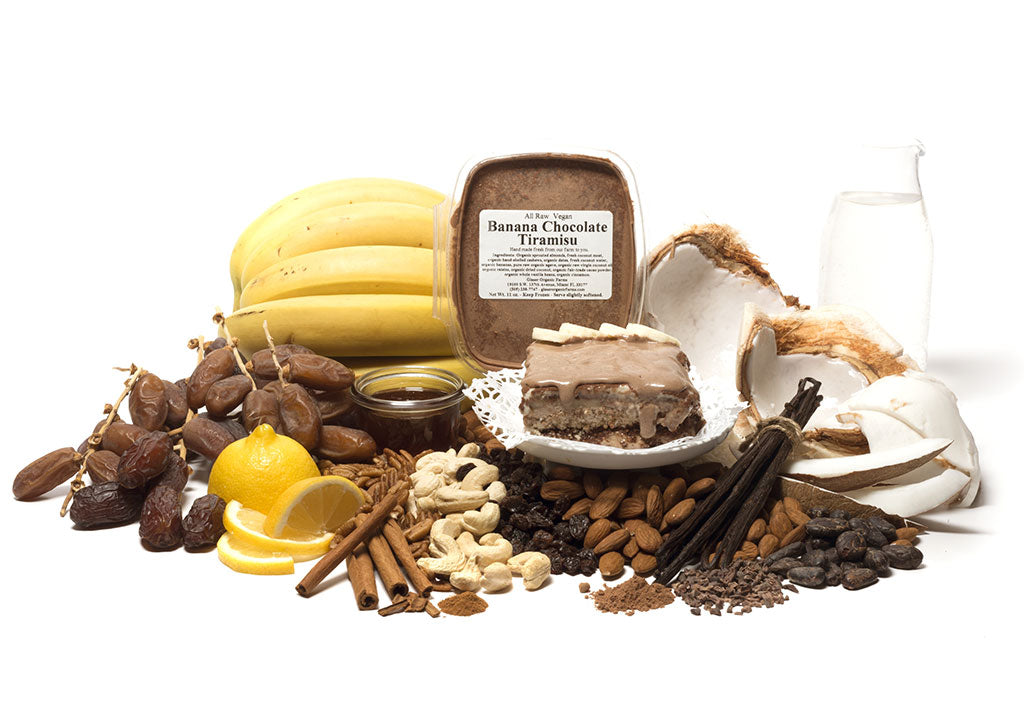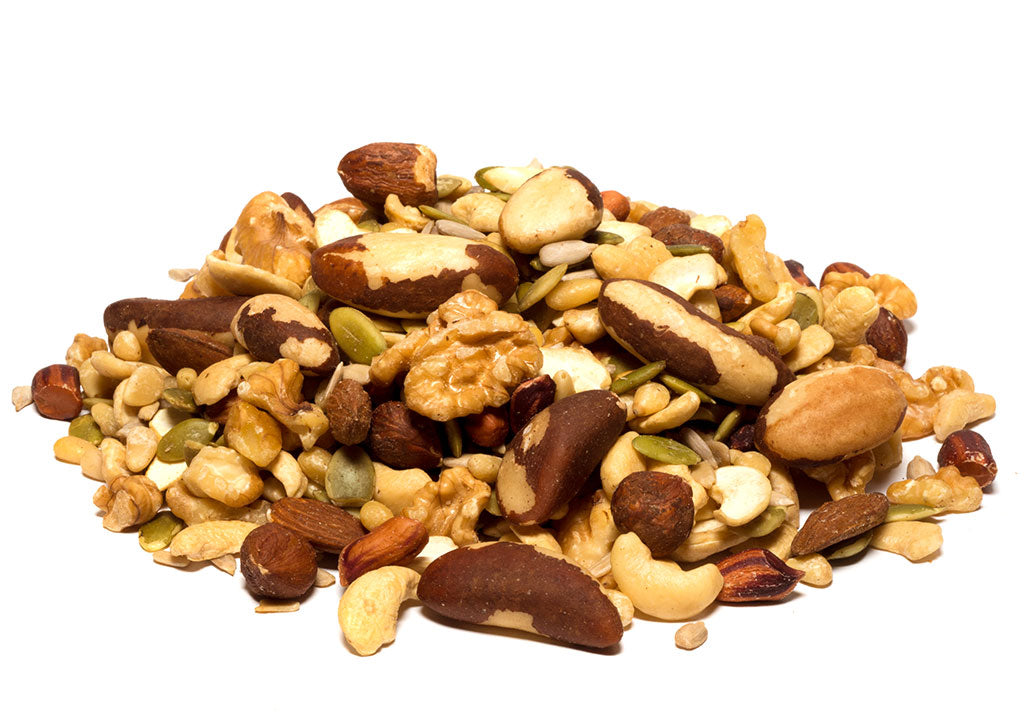Our organic philosophy is rooted in caring for the earth. We see farming as a way to nourish people while giving back to the land. By growing wholesome food in harmony with nature, we aim to restore the soil, protect our ecosystems, and support the health of future generations. It’s a way of living that respects both the planet and the people it feeds.

Organic Farmers For More Than 40 Years
Our Regenerative Organic Farming Philosophy.
From the beginning, we have seen ourselves as caretakers of the land, growing food not just for today but for generations to come. As early pioneers in both organic farming and raw vegan food, our work has always been guided by a deep respect for nature and a commitment to nourishing both people and the planet.
We farm without chemicals, choosing methods that build soil health rather than deplete it. Our practices are rooted in nature, including composting, planting cover crops, and minimizing tilling, so the land can thrive season after season.
Organic certification is a necessary but imperfect system. The essence of true organic farming goes beyond just approved inputs to a more holistic form of environmental stewardship. It is about how we care for the soil, the water, and the ecosystems that support life.
In the kitchen, our innovation in raw vegan food reflects the same values. We create nutrient-rich foods with care, using minimal processing to preserve the integrity of the fresh organic ingredients we grow.
For us, farming is more than a livelihood. It is a way of life that connects health, sustainability, and a respectful partnership with Mother Earth.
Organic Farming History
Agriculture was organic by default for millennia until the mid-20th century chemical revolution. With the end of World War II, technologies originally designed for warfare were repurposed to create synthetic fertilizers and pesticides for farms. This ushered in an era of massively increased yields, but at a great cost to soil vitality and human health.
The modern organic movement arose as a response to this industrialized, input-intensive model of agriculture. In its earliest days, organic growers operated based on a shared ethos rather than official standards. Motivated by a desire to grow nourishing food sustainably, they shunned chemicals and focused on building fertile soil through natural methods like composting and cover cropping.
As demand grew, so did the need for formal organic certification to preserve integrity. Today, certified organic farming is a regulated system involving inspections and fees paid by growers to accredited third-party agencies. While important, the organic label alone doesn't ensure sustainable practices, some operations simply substitute approved inputs into an otherwise conventional framework.
At Glaser Organic Farms, we take a principle-based approach that goes beyond requirements. We were organic before certification existed, driven by a deep belief in chemical-free farming that cooperates with nature's systems. Our methods continually enrich soil health through applications of plant matter, wood chips, and other organic amendments produced on-site.
We see organic as more than just excluding synthetic inputs. It's an entire philosophy of working in partnership with the environment to grow nutrient-dense foods. Our soils grow richer every season, yielding vibrant produce with superior flavor and vitality. And we apply the same thoughtful approach in crafting our raw food offerings using innovative techniques that maximize nutrition.
By honoring the land's ecological cycles, we create an edible landscape teeming with life. Organic regenerative farming done right is not just about avoiding chemicals, but cultivating a regenerative agricultural system modeled on nature's resilient ecosystems. This allows you to grow flavorful, nutrient-rich foods while healing the land for future generations.
Stan Glaser


